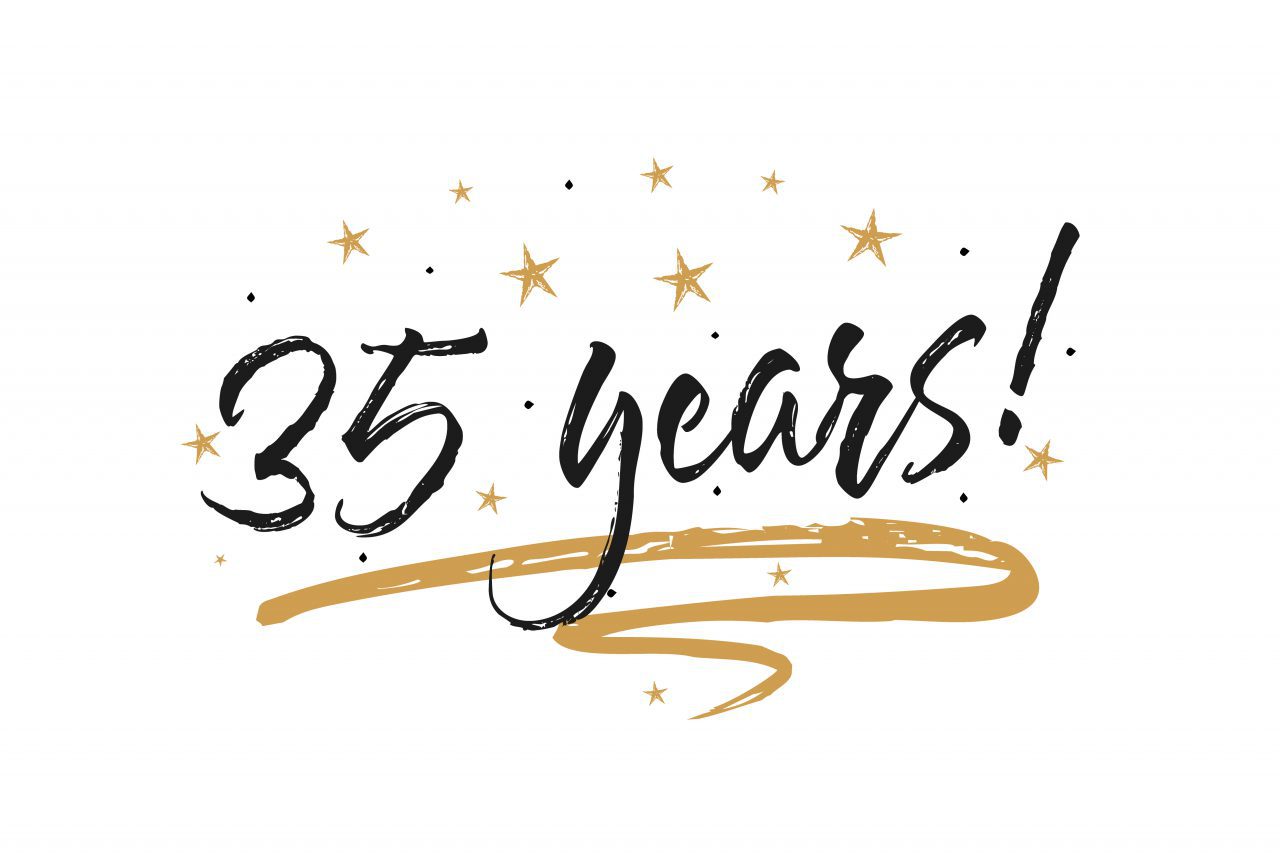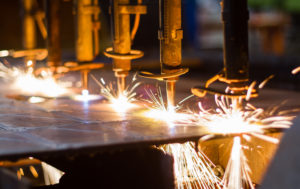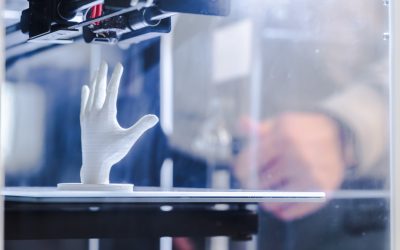

It’s International Women in Engineering Day next week, so we thought we’d share our interview with Alison, a HR professional in manufacturing, about her thoughts on being a female within a predominantly male environment.
Spanning over 35 years, Alison’s career within manufacturing, and her role as a HR manager, have allowed her to witness countless changes within the industry. From technological advancements, to a shift in the number of female workers, not many people can boast the first-hand experience of Alison.
One thing she’s particularly proud of is her company’s long-standing dedication to equality. “Even when I joined my company in the 80s, the organisation had an equal opportunities culture, long before equality was as high on the agenda of businesses as it is today.”
Perhaps it’s this culture that has prevented Alison from, quite unusually for the engineering industry, experiencing any gender bias in her male dominated workplace. Although her straight-talking, “what-you-see-is-what-you-get” personality has likely played an important part in this too.
Alison doesn’t doubt that some women may experience gender inequality when working in engineering. “…and if they do, my advice is to carry on regardless. Fight back!”, she encourages, “Nowadays, people need to be respectful and discrimination is not tolerated at work. HR teams will support you, so don’t be put off. In our company we’ve never had any issues and that’s because of our strong culture of equality in all of its forms.”
The male/female divide
Alison told us that over the years she’s hired more than 800 individuals. In the early days she estimates that the male/female ratio of employees in her organisation would be around 90:10, and today, she says that females still only make up around 20% of her workforce.
Although a high number of these 20% of women hold senior positions, Alison says they’re primarily based in office or lab environments. “It’d be nice to see more women in production, but we rarely see them even come in for interview” she adds.
A lack of women in engineering is not only a problem in Alison’s manufacturing business though, and it’s widely reported to be a trend across the industry as a whole.
We asked Alison why she thinks this is the case to which she responded: “It’s partly down to the nature of the work. Particularly in our world of production, despite a lot of the process now being automated, there’s still an element of physical work, which doesn’t always appeal to some women.” She continues, “But something that could and should change is the pressure that women feel in relation to family commitments. Our business involves 24/7 shift work and unfortunately, this pattern of working can be off-putting to women as they’re commonly relied upon to take care of children, and the family at home.”
Alison cites two female process engineers who have joined her company in recent years, “They’re bright, have the technical skills needed and it would be great to see more of this quality of person presenting themselves as potential manufacturing leaders over the coming years to change the trend.”
So, what can be done to encourage more women into engineering? Alison says that stereotypes don’t help. “Women, and particularly girls, can hold the opinion that engineering is all about ‘spanners’ and heavy lifting, and that’s not always the case. Whilst training, yes, there could be some of that involved, but if you can look beyond that, there are lots of engineering roles which provide a satisfying and rewarding career for women. I’m keen for females to say ‘actually, this is the job that I want and I have the ability to do it’, irrespectively of whether society assumes it as a male career. It’s absolutely not.”
Alison further insists that “It’s about confidence. I’d say to young women considering engineering to just believe in yourself and don’t put up with any negativity. Stick with your training and have a career plan in site. Prove yourself and don’t give up.”
Taking a risk
Now nearing retirement and reflecting on her many years’ experience, Alison is making plans to travel. “There’s an element of risk you need to take in life. Rather than saying ‘I wish I could do that’, I just get things done, and that’s what I’ll be doing in retirement.” She also relates this philosophy back to females wanting to get into engineering, endorsing “Make your choice and don’t be put off. Don’t be left thinking ‘I wish I’d tried engineering!’ What are you waiting for? Just do it and make it work.”
Alison summarises, “I’m a woman who’s spent a lifetime in the manufacturing industry and I’m leaving with no regrets, ‘as happy as Larry.’ I’ve met some fantastic people and have enjoyed every minute of it. I wouldn’t change a thing.”
Read more from inspirational female engineers here.
DATS shortlisted for 3 TIARAs
DATS Recruitment is thrilled to have been announced as a finaist for three TIARA awards. The awards, formerly known as the Recruitment International Awards prior to RI joining forces with TALINT International earlier this year, recognise excellence within the...
3D printing – the new manufacturing
Three-dimensional printing is changing the face of manufacturing, offering a cheaper, time efficient and more accurate solution to other, more traditional production methods. Once only considered suitable for creating prototypes, 3D printing has now progressed to...
Proud sponsors of Inny Boys JFC U15s
DATS Recruitment is proud to be supporting football team, Inny Boys JFC, a group of talented U15s based in Merseyside.DATS also sponsored the team last season as U14s and also as U13s. We're proud to have seen the teenagers going from strength to strength... Amongst...




